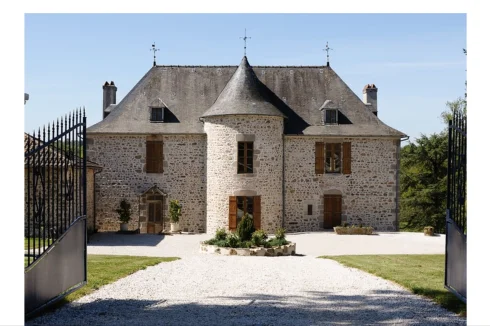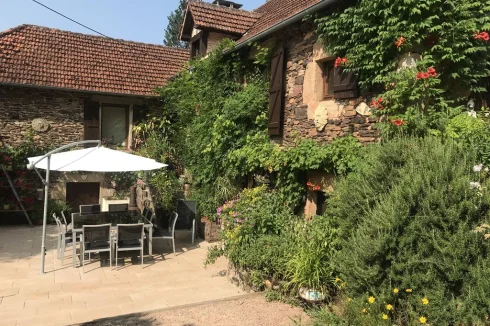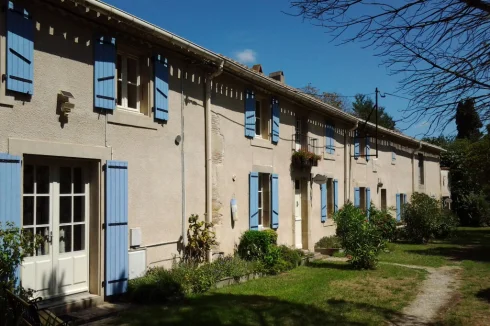Stamp Duty to Rise by 15%
Friday 02 August 2013
The rate of stamp duty payable on the sale of property in France is to rise by 15% in 2014, much to the exasperation of property professionals.
Stamp duty in France, called the droits de mutation (but also colloquially expressed as the frais de notaire), is currently charged at the rate of 5.09% on the sale of existing homes.
Last month the French government announced that with effect from 1st January 2014 the rate will increase to 5.80%,
Departments have been given the discretionary power not to implement the increase, if they so wish. It does appear as some departments will opt not to increase the taxes, notably some in the Ile de France and in South East France.
Where the tax does increase, it will mean that on the purchase of a property for €250,000 the stamp duty payable will increase from €12,752 to €14,517, a rise of €1,792.
In addition to the tax, the usual fee and ancillary disbursements of the notaire are payable of between 1% to 2% of the sale price, depending on the sale value and whether a mortgage is being used to fund the purchase.
These costs are the responsibility of the buyer.
In a statement issued last month by the Prime Minister, Jean-Marc Ayrault, it was clear that the main reason for the increase was to plug a financial hole that is appearing in the accounts of many departmental councils.
In recent years these councils have (somewhat bizarrely) taken on responsibility for a range of social security benefits, whose payments have risen substantially as a result of the economic crisis.
Departmental councils are the main recipients of the stamp duty tax on property sales, and the income accounts for around 20% of their total revenues. As property prices and sales have increased substantially over the past decade, the income has been a huge windfall gain for the public revenues, increasing from €3.4 billion in 2001, to €8.6 billion in 2011.
With the fall in property sales over the past year and the increase in social security payments, some departmental councils have found themselves in serious financial difficulty, as the Prime Minister indicated in his statement:
« Face aux difficultés financières que rencontrent de nombreux départements en raison de l’écart croissant entre les dépenses de solidarité,....... le Premier ministre a décidé de renforcer le soutien financier de l’Etat en faveur des conseils généraux......les départements seront autorisés, pour une durée de deux ans (2014 et 2015) à relever le plafond de perception des droits de mutation à hauteur maximale de 4,5 % au lieu de 3,8 % pour faire face à leur éventuelle diminution. »
What the Prime Minister failed to mention was that another reason for the difficulties departments face was the substantial reduction in central government grants that had taken place in recent years, with further reductions planned over the next three years. Increasing stamp duty was a way of giving some of it back.
As can be seen from the statement, it is proposed that the increase will only apply for two years, but temporary taxes do have an uncomfortable tendency of becoming a permanent fixture. There is no indication in the statement of just how the massive cash shortfall of the departments will be met beyond 2015.
The other main recipients of the droits de mutation are the local parish councils, who receive 1.2% of the proceeds. Their percentage share of the receipts will remain unchanged.
The danger for the government with this move is that it may backfire, by contributing to a further fall in home sales at a time when they are seeking to re-ignite the market through a reduction in capital gains tax. According to Jean-François Buet, the President of FNAIM, the estate agents national association, it is a "proposition indécente, inopportune et irresponsable".
In 2011 the Organisation for Economic Development (OECD) criticised the level of stamp duty payable in European countries as a break on residential mobility and, thereby, economic development. Total transaction costs in France are one of the highest in Europe,
Next Article: French School Grants 2013/14
Thank you for showing an interest in our News section.
Our News section is no longer being published although our catalogue of articles remains in place.
If you found our News useful, please have a look at France Insider, our subscription based News service with in-depth analysis, or our authoritative Guides to France.
If you require advice and assistance with the purchase of French property and moving to France, then take a look at the France Insider Property Clinic.





